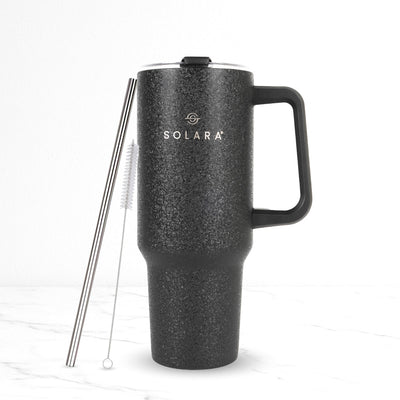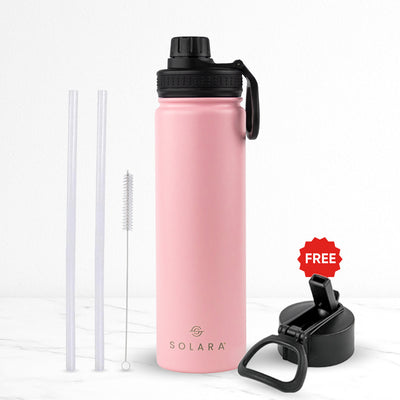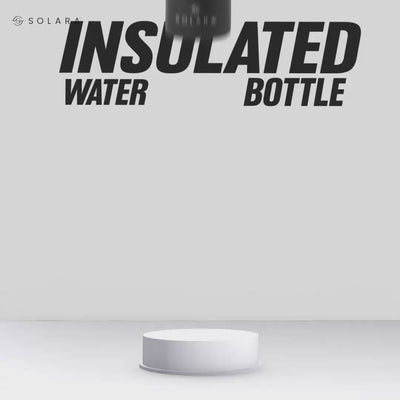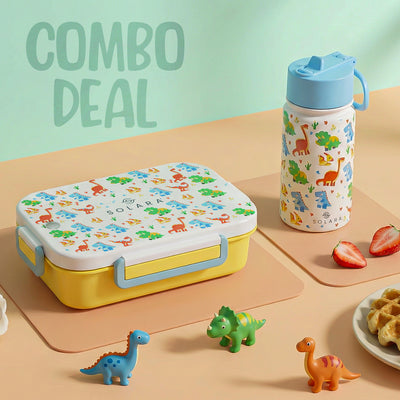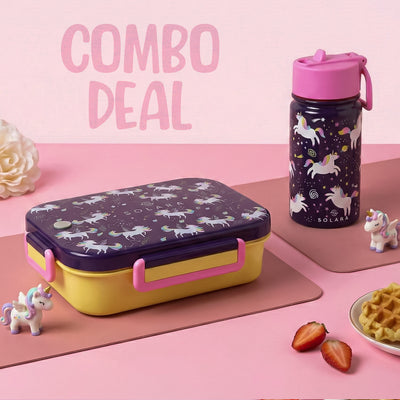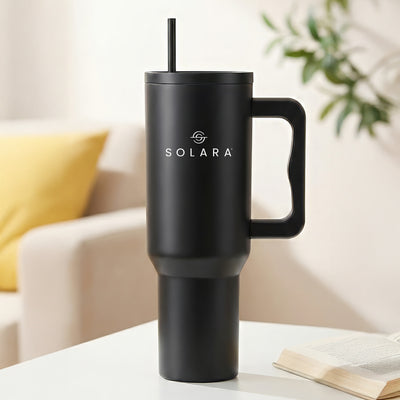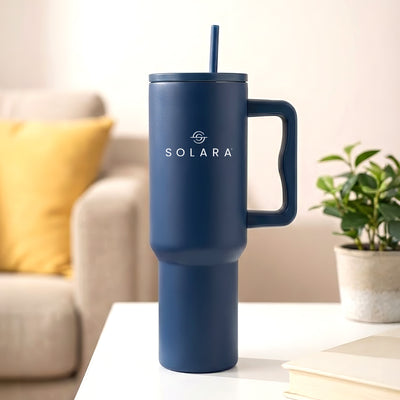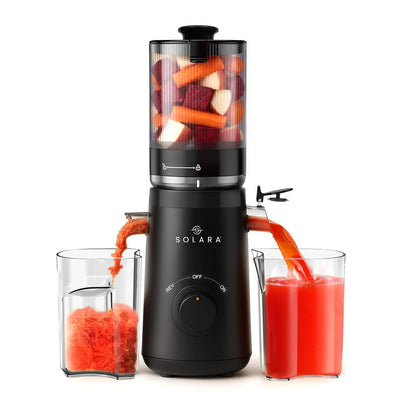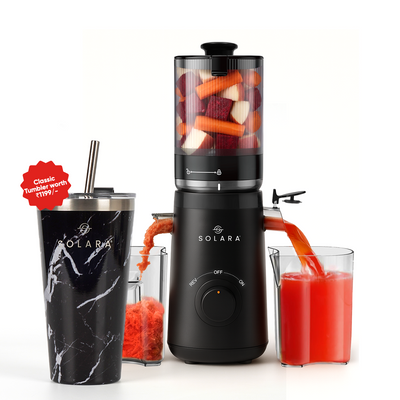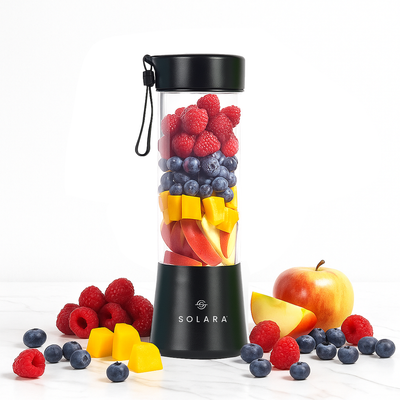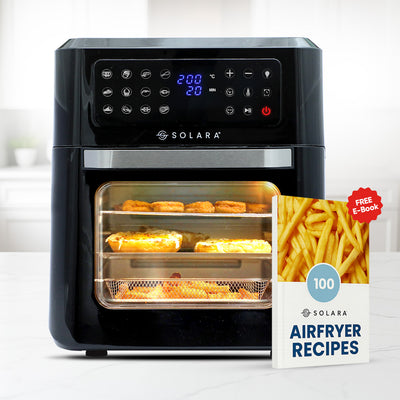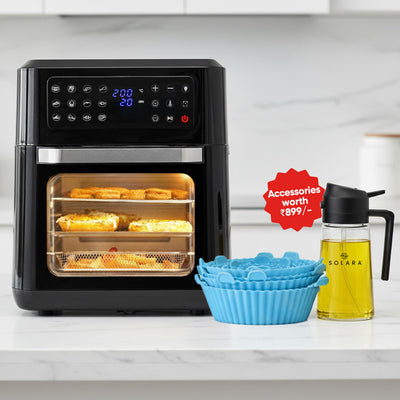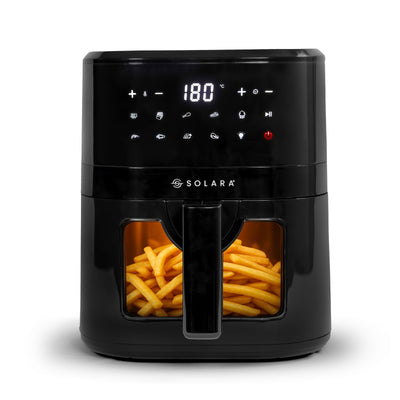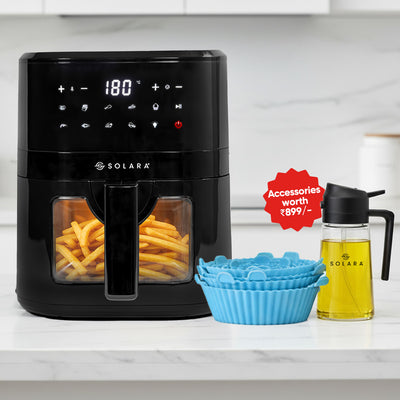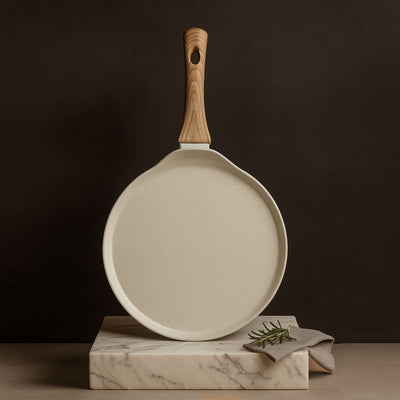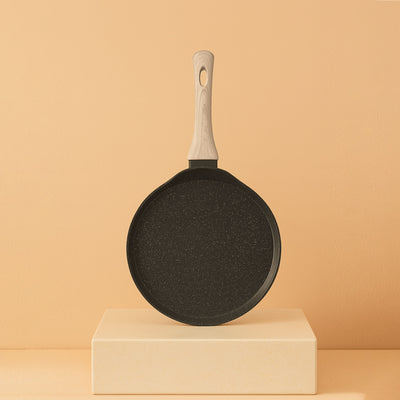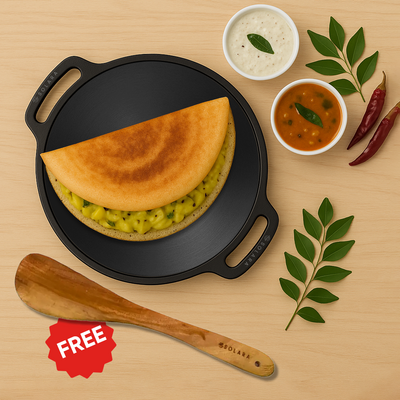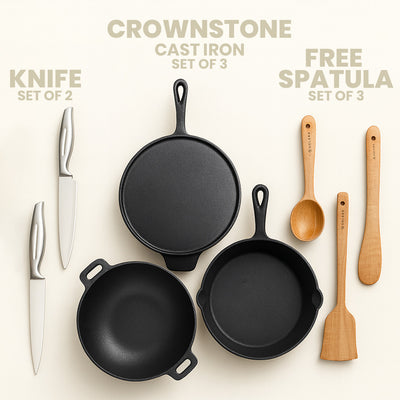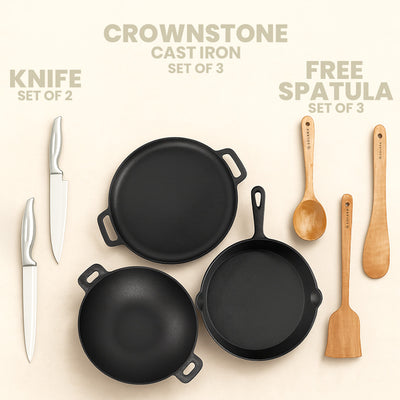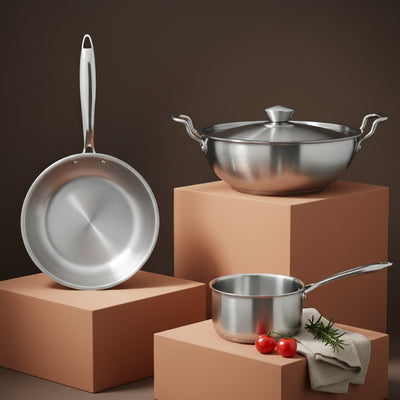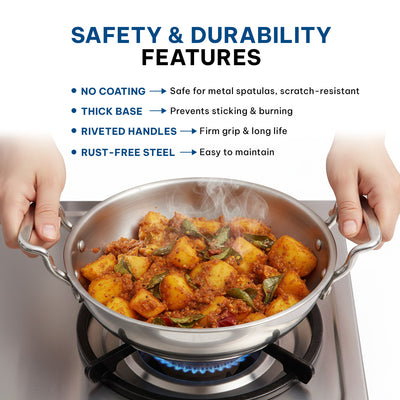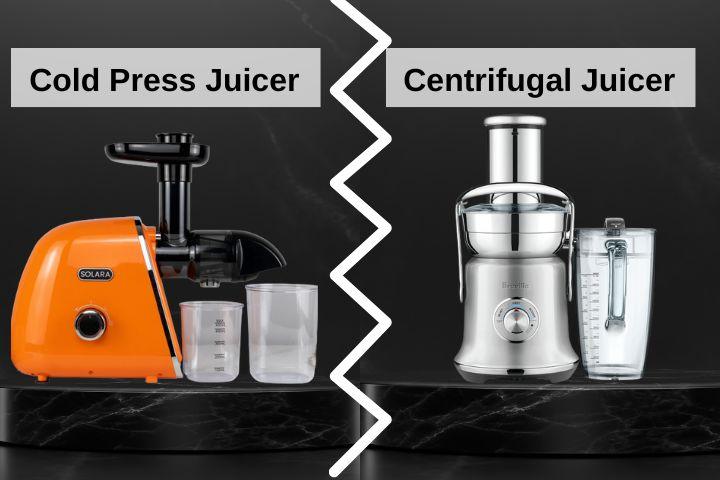
We all love a glass of fresh juice over carbonated drinks when it is specially made and handed over to us. However, would we still go in for fruit or vegetable juice if we were the ones making it? The answer to this depends upon how fast the juice is made, how long it stays fresh and whether we have the right juicer with us to make a drink for ourselves.
Juicing allows us to consume our freshest and favourite fruits and veggies in their liquid form. There are multiple ways to juice fruits and retain the benefits of the fruit. Find out how to retain the vitamins and minerals present in the food and make juice that suits your taste.
What are Cold press juicers (masticating juicers)
There is quite a bit of hype around the word “cold press”. Let's break it down to understand what it actually means. Fruits in a cold press juicer are broken down via the hydraulic press method, this uses minimum to no heat to absorb the micronutrients from the fruit and delivers excellent results. Cold press juicers take a substantial time to grind the fruits and veggies; it is also quite labour-intensive.
What are some of the benefits of the Cold Pressed Juicer?
- Cold press juicers have a higher shelf-life as compared to centrifugal juicers. They can last about 2-3 days.
- There is no heat generation during the grinding process, all the micronutrients are extracted from the fruit or veggies.
- Higher quantities of juice can be squeezed out from a fruit. The wastage of nutrients is less in this case.
- If we talk about the cold press juicer it works silently, their blending sound is not acutely harsh on our ears.
- Since cold press juicers extract high amounts of juices from a fruit, they also preserve the enzymes found in the fruit for longer durations. This improves the taste and flavour of the fruit.
What are some of the disadvantages of a cold press juice machine?
- A cold press juicer is certainly more expensive than a regular juicer due to its cutting-edge technology.
- The weight of the cold-press juicer is higher than most traditional juicers.
- Cold press juicers are time-consuming and labour-intensive.
- The juices are also pulpy in texture.
What are Centrifugal Juicers?
In centrifugal juicers, fruits are juiced in a traditional style. The fruits or veggies get spun in the mixer and chopped into pulp. The juice exits the juicer from one end and the pulp from the other. In this case, the juicing is done via oxidation, heat is used to separate the juice and pulp. This is a much faster process than when comparing cold press vs centrifugal juicer and is also less labour intensive.
What are some of the benefits of the Centrifugal Juicer?
- If we talk about affordability, the centrifugal juicer takes the cake here. It is certainly more economical and a total winner, if you are just beginning your fitness journey this is something you can begin with.
- A centrifugal juicer uses heat to make the juice, so the process is certainly faster than a regular juicer or cold press juicer.
- It is lighter in weight and very easy to maintain and clean.
- The pulp from the juicer is certainly less in quantity as compared to cold press juice.
What are some of the disadvantages of a Centrifugal Juice machine?
- Centrifugal juices deliver less quantity of juice when blended, this is due to the oxidation process.
- The nutrient quantity in the juices is less compared to cold-pressed juice.
- The shelf-life of the juice is definitely less compared to cold-pressed juices
- Since a high amount of fibre gets separated from the juice, there is a lot of wastage of the same.
- Since heat is used to separate the pulp from the juice, when kept outside for a while, the water and the pulp from the juice tend to separate.
When deciding between different types of juicers, should you keep the nutrient value in mind?
Yes, most certainly. If we were to talk about the nutrient value, cold-pressed juices tend to retain micronutrients during the juicing process. This can add the required nutrients to our body as it is not lost during the juicing process. Some of the minerals and vitamins present in fruit or veggies are heat sensitive, these can certainly get lost when excessive heat is used to make juices. Care should be taken that juice retains most of its nutrients and also its taste after the juicing is over.
How do I know that a juicer is right for me?
This is quite subjective, you need to define what is 'right' first. If you value time, efficiency and delivery on time then centrifugal juicers deserve a place in your kitchen. If you're learning the art of juicing then would like to spare time to experiment with various choices of fruit and veggie options then go in for cold pressed juicers. Not only does it bring out the flavour of the juice, but it also helps you take away a wonderful experience from this whole process.
Similarly, if you are looking to get home a juicer, decide who will be using it. If you have someone who can help you make juices on time, who has the patience to add fruits and veggies slowly and who actually likes the process then cold-pressed juicers can also be a great option.
Conclusion
Juicing is a great way to incorporate healthy living into your current lifestyle. Whether it is cold pressed juice or centrifugal juice it is never too late to develop good habits and begin a balanced life. As for what kind of juicer is better, both have their strong sets of advantages and disadvantages, and we have tried our best to suggest what kind of juicer will suit what scenarios. We hope the article helps you make an informed purchase decision.
Recommended Articles :
- Philips Airfryer v/s Solara Airfryer
- Air Fryer vs Microwave Oven
- How To Use An Air Fryer
- How to Use an Electric Kettle





